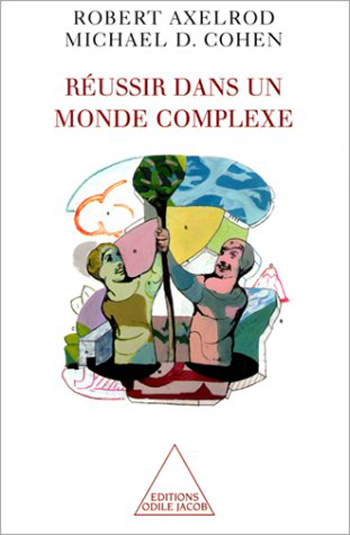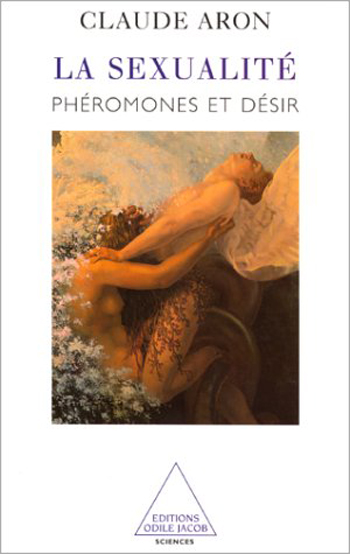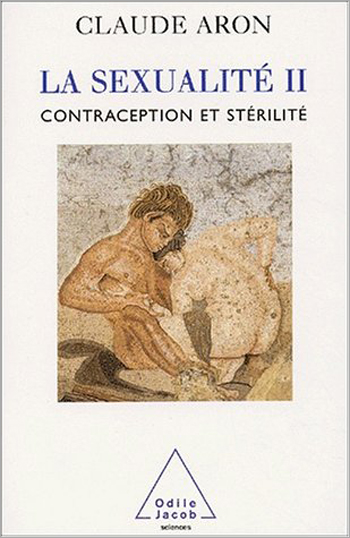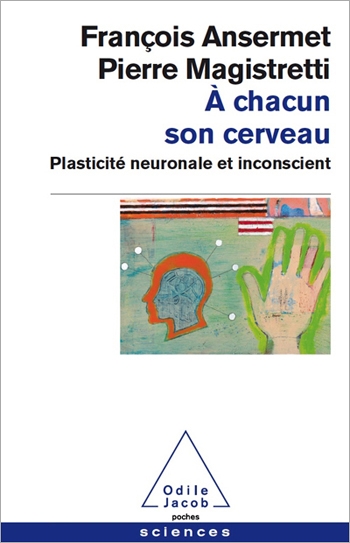Science All books
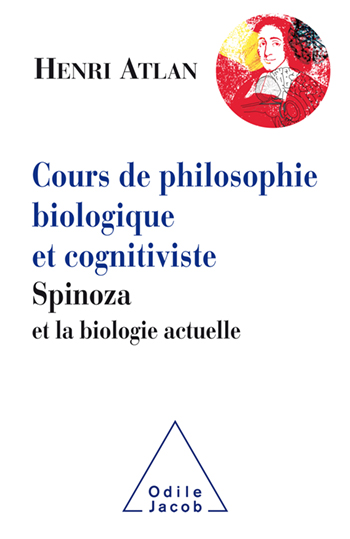
Henri Atlan
Lectures in Biological and Cognitivist Philosophy Spinozist Configurations
An introduction to both one of the greatest philosophies in history, and to the most current issues in the neurosciences. A new way of thinking about the relationships between the brain and the mind.
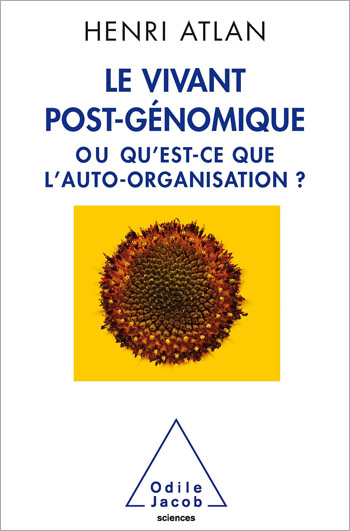
Henri Atlan
Postgenomic Life, or What is Self-organisation?)
We spontaneously associate the idea of organisation with that of human production: the fruit of artistic endeavour or rational planning...
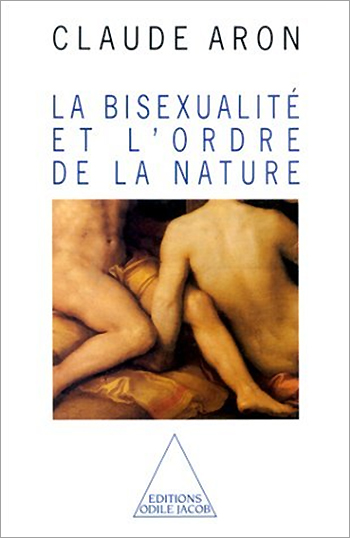
Claude Aron
Bisexuality and the Order of Nature
Our sex defines our identity before we are even named - "It's a boy" or "It's a girl" is the traditional welcome we receive in this world. Similarly, throughout our entire life, our gender defines our diverse social roles. Yet, this book shows how nature presents us with only one model, that of bisexuality. Endocrinian manipulations have shown that it is possible to change from one sexuality to another in a reversible manner. This book is key reading in the debate about the genetic character, or not, of homosexuality. Claude Aron, a specialist in in the physiology of reproduction, is also an honorary professor of the Louis-Pasteur University in Strasbourg.
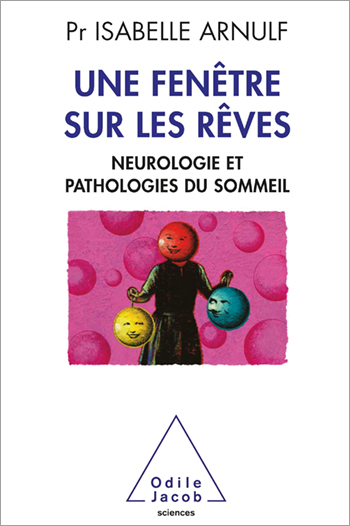
Isabelle Arnulf
A Window to Dreams Neuropathology and sleep disorders
Isabelle Arnulf opens a window to the fascinating world of current dream ...
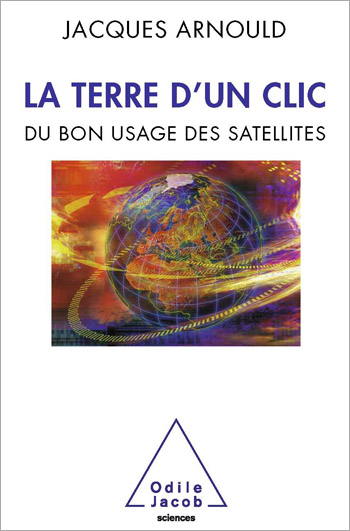
Jacques Arnould
The Earth Under Surveillance
he history of space technology (particularly on the subject of spy or reconnaissance satellites) and the hopes and fears raised by space exploration.
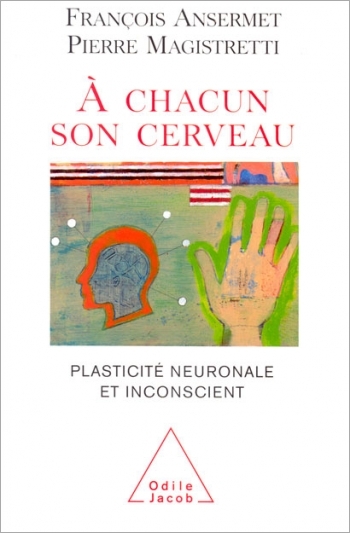
François Ansermet, Pierre Magistretti
To Each His Own Brain Biology of the Unconscious
This book is the result of the coming together of psychoanalysis and neuroscience around the shared observation that experience leaves a mark. Although the idea that experience produces psychic imprints - whether conscious or unconscious - has always been central to psychoanalysis, it was not until recently that findings in neurobiology demonstrated that neuronal plasticity existed and that it operated throughout a person's life. This constant remodelling in relation to experience poses certain basic questions about each individual's identity and future. How does psychic life emerge from experience and from what it imprints? What are the respective contributions of external stimuli (the reality behind experience) and of internal stimuli (the imprinted marks)? How do the mechanisms of synaptic plasticity participate in the establishment of an unconscious internal reality? What is the role of the body in this new dynamic organisation? This book provides the foundations for a better understanding of the relations between neuroscience and psychoanalysis and offers an original theory of the unconscious, by combining recent findings in neurobiology with the basic principles of psychoanalysis. Eschewing genetic determinism, it shows that each individual is different and each brain unique. Pierre Magistretti, a physician and neurobiologist, is a professor of physiology and director of the Centre for Psychiatric Neuroscience at the University of Lausanne's medical school. In addition, he is the president of the Federation of European Neuroscience Societies. François Ansermet is a psychoanalyst and professor of child and adolescent psychology at the University of Lausanne. He is the co-author, with O. Halfon and B. Pierrehumbert, of Filiations psychiques (Presses Universitaires de France, 2000).
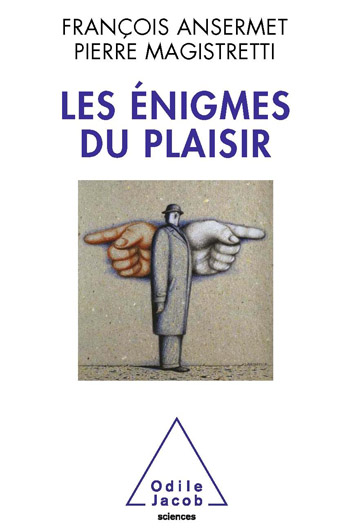
François Ansermet, Pierre Magistretti
The Enigmas of Pleasure Between Psychoanalysis and Neurosciences
A fascinating exploration of some contemporary forms of malaise, individual and collective: destructiveness, fanaticism, violence, as well as boredom, depression, dependence on gadgets, hyperactivity and addictions
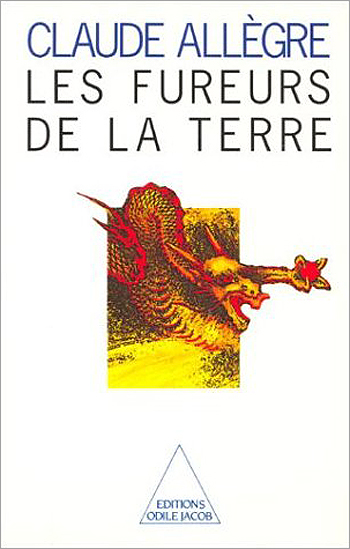
Claude Allègre
The Furies of the Earth
Can modern science protect us against earthquakes and volcanic eruptions? What are their causes? What can be done to prevent them? C. Allègre, the world-known geologist, answers these questions, while investigating the role of scientists and the medias.
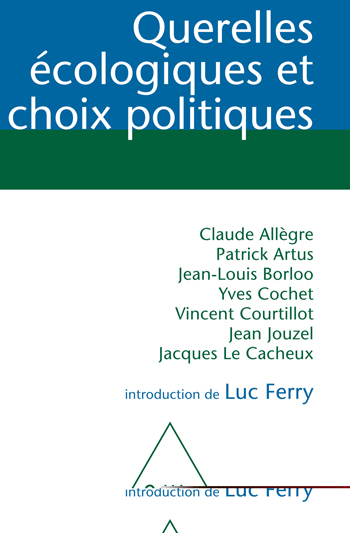
Claude Allègre, Patrick Artus, Jean-Louis Borloo, Yves Cochet, Vincent Courtillot, Jean Jouzel, Jacques Le Cacheux
Ecological quarrels and political choices
Polemics over global warming, the security of nuclear power plants after Fukushima, the depletion of reserves of non-renewable raw materials continue to fuel public concern without succeeding in establishing shared objective representations...
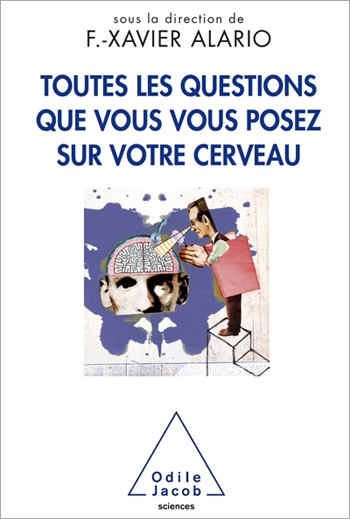
Xavier Alario
Questions About the Brain
The answers given here have all been scientifically approved and are widely accessible
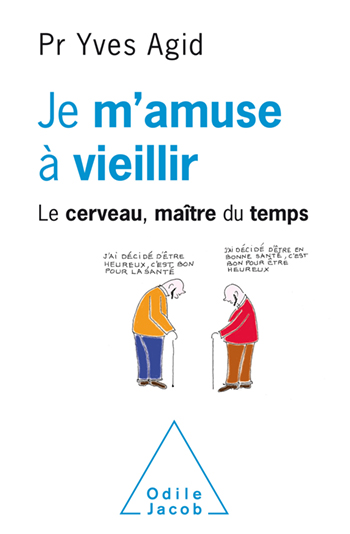
Yves Agid
I Enjoy Getting Older The Brain – Master of Time
• Clear and enlightening explanations for the aging of the brain, the primary agent of overall aging.
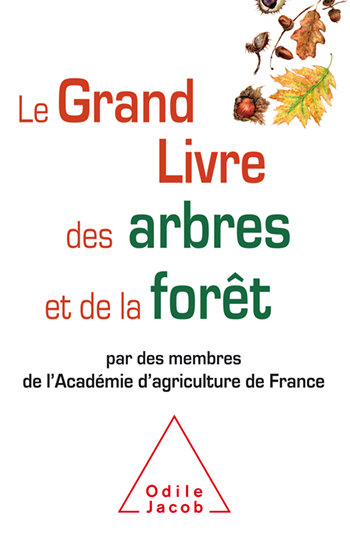
Académie d'agriculture de France
The Big Book of Trees and Forests Draw a forest for me
In the same vein as the Grand livre de notre alimentation [The Big Book of Food], this book responds to all our questions on forests.

